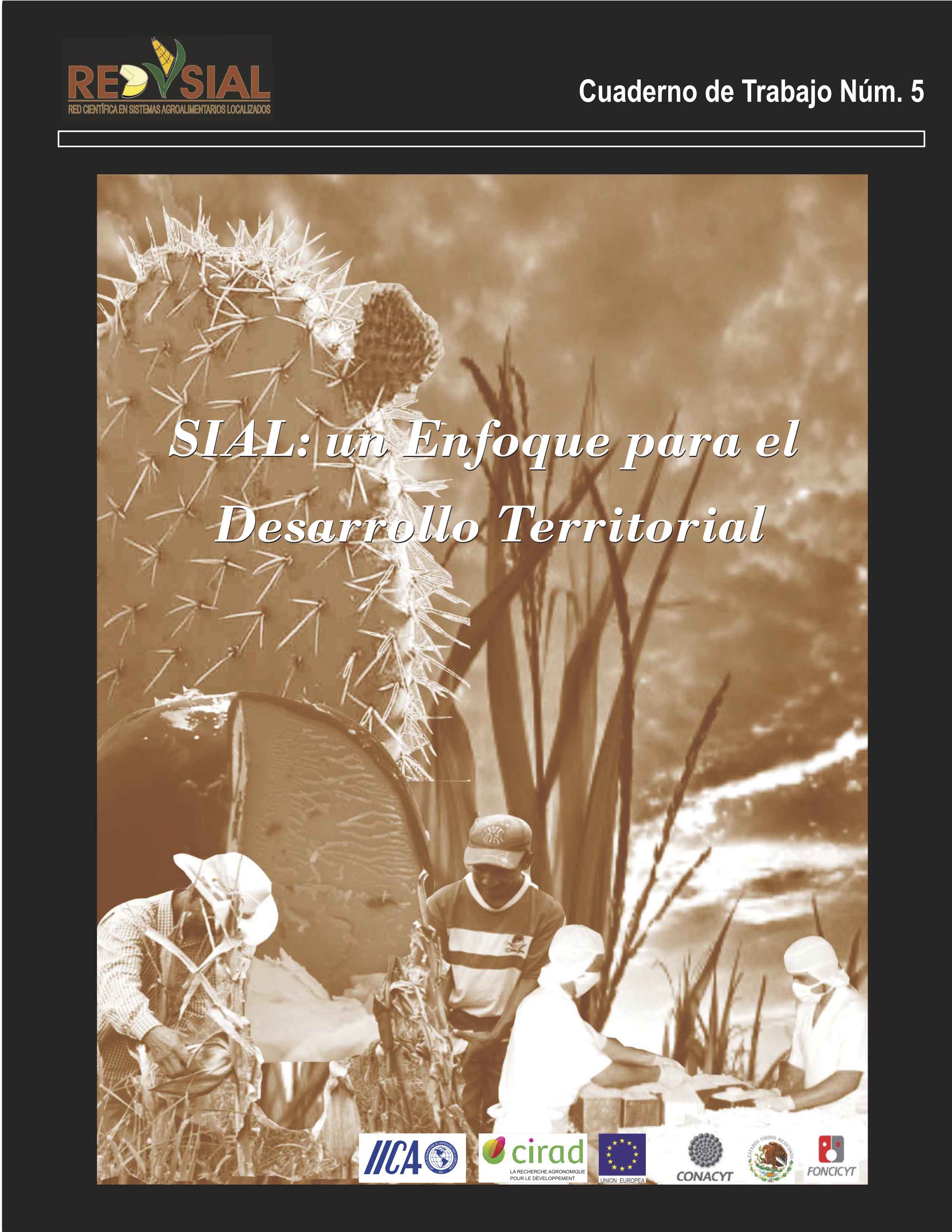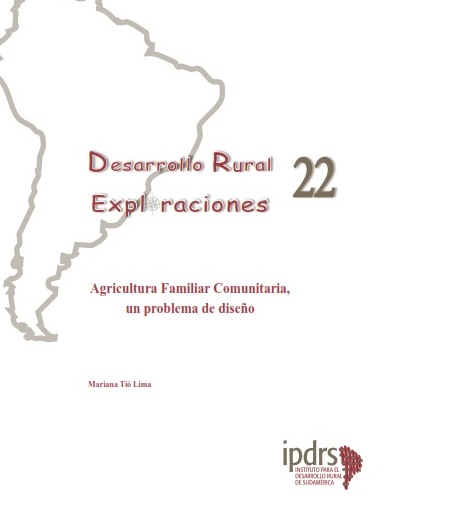Nepal's Investment Climate : Leveraging the Private Sector for Job Creation and Growth
The objective of the Nepal Investment Climate Assessment (ICA) is to evaluate the investment climate in Nepal in all its dimensions and promote policies to strengthen the private sector. The investment climate is made up of many dimensions that shape the opportunities for investments, employment creation, and growth of private firms. Such dimensions include factor markets, product markets, infrastructure services, and the macroeconomic, legal, regulatory, and institutional framework.





